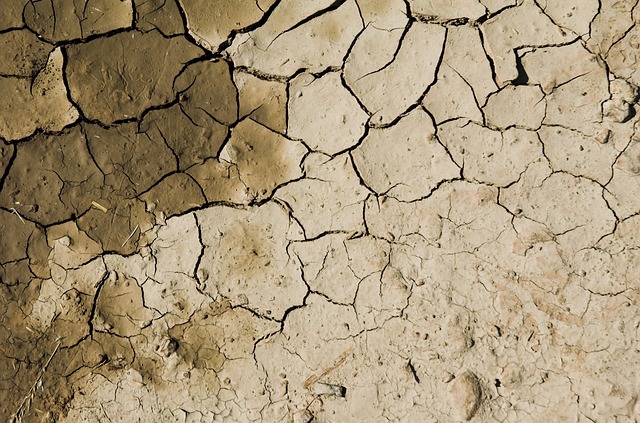
Overexploiting the soil destroys it little by little
Overexploitation is the act and result of overexploiting : exploiting (using) a resource excessively . The term is also accepted by the Royal Spanish Academy ( RAE ) as overexploitation , with a single letter E.
Depleting natural resources
The overexploitation of natural resources is one of the great ecological problems of today. This phenomenon threatens biodiversity and can affect the quality of soil, water and the environment , for example.
As long as a rational and controlled exploitation of a resource is carried out, nature is in a position to regenerate it. However, with overexploitation, this replenishment is not possible because the rate of extraction is higher than the rate of reproduction or renewal , which means that the resource may disappear.
Fishing overexploitation
With overfishing , to mention one possibility, humans capture an excessive amount of fish. In this way, the species are unable to reproduce, because a very high number of specimens are caught and more fish are taken from the water than are born.
Certain techniques, such as trawling or purse seining, encourage overexploitation. This is because fishing boats end up taking species that were not their target and juvenile specimens.
in the woods
Another ecological problem is the overexploitation of forests . In this case, man cuts down too many trees to use their wood , without the forest ecosystem being able to regenerate in time to replace them. This overexploitation not only affects the territory in question: with fewer trees on the planet, air quality deteriorates and imbalances occur in the climate, among other alterations.
Consequences
All this brings us to the consequences of the overexploitation of natural resources, knowledge of which should be reason enough to change our attitude. Among the effects of this excessive use of nature, environmental ones stand out, which can be summarized in the extinction of various species, both animals and plants, due to their habitats disappearing.
Across the planet, the number of documented species exceeds thirty million, and the International Union for Conservation of Nature (known by its acronym IUCN ) is responsible for monitoring the tens of thousands that are in danger of extinction. The consequences of overexploitation also reach the economy , since the significant degradation of soils has a negative impact on agriculture, with the inevitable increase in market prices.
Our health and that of animals is also put at risk due to the overexploitation of natural resources. Before we mentioned the case of forests, whose importance is vital for the purification of the air we breathe. The World Health Organization points out that ninety percent of people are subject to high levels of air pollution, and that seven million die each year from this same reason.

Forests purify our air. We must take care of them
Possible solutions
We have before us two challenges that could lead us to solve overexploitation: the conservation of life; creating an environment appropriate to our needs. To preserve natural resources we must, first of all, restore those ecosystems that we have deteriorated, stop the disappearance of habitats and expand the list of protected areas.
On the other hand, we should strengthen production systems, for which it is necessary to start using fewer resources, materials and objects in development tasks, which would lead to a reduction in the amount of waste caused. The key is sustainability , which goes hand in hand with renewable energy. As consumers, choosing products that do the least damage to the environment and avoiding waste of water and electricity is essential.
